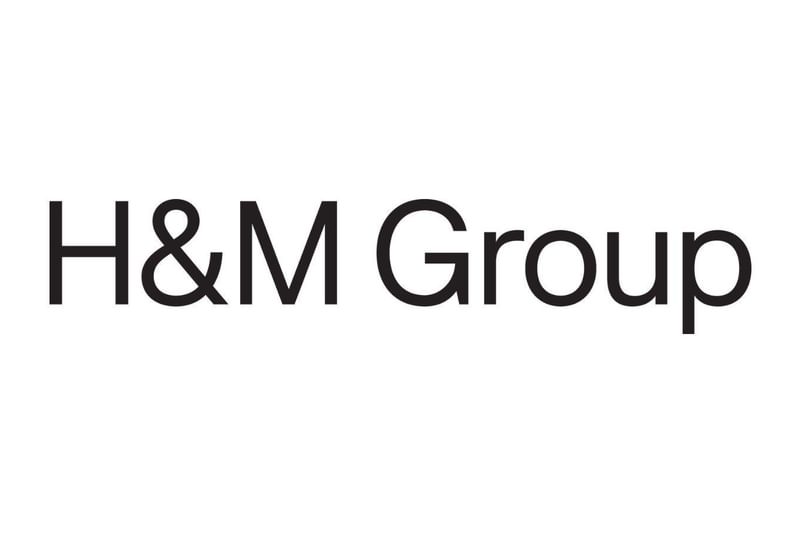
G20 companies neglecting science when setting climate targets
Sept 23rd 2021
SBTi calls on all companies worldwide to align with climate science, ahead of the G20 Summit in October
Growing numbers of companies in the G20 are setting climate targets but most fail to align with climate science, according to new research by the Science Based Targets initiative (SBTi). It found:
- Only 20% of G20 companies’ climate targets are science-based
- Only 6% of “G13” (non-G7 members of the G20) companies’ climate targets are science-based, compared to 25% in the G7
- 10% of companies are responsible for 48% of total index emissions in all G7 indexes
Across the G20, 4215 companies have disclosed climate targets to CDP but just 20% of these are science-based targets in line with Paris Agreement goals. This is made up of 2999 companies in the G7 and 1216 companies in the G13. In the G7, 25% of targets are science-based, compared to just 6% in the G13.
G7 countries are led by the UK and France, with 41% and 33% of disclosed climate targets being science-based. Meanwhile some of the world’s heaviest emitters which are found in the “G13” group of countries - such as Indonesia, Russia and Saudi Arabia - do not contain a single company to have submitted an approved science-based target.
The UN Intergovernmental Panel on Climate Change (IPCC) report in August stated that global temperatures were ‘likely’ to rise above the 1.5°C target set at the Paris Agreement by as soon as 2040. Global emissions must be halved by 2030 in order to keep warming at Paris-agreed levels. Across all G7 corporate indexes, 10% of companies are responsible for at least 48% of total index emissions.
Science-based targets cut corporate emissions by 25% on average over the last five years. SBTi companies are on track to reduce emissions by half between 2020 and 2030 on average, if they continue at the same rate.
Lila Karbassi, Chief of Programmes, UN Global Compact and SBTi Board Chair, said:
“Last month’s IPCC report was ‘code red’ for humanity. Urgent climate action must now be a top priority for those in power. Science-based targets are proven to cut corporate emissions at the pace and scale required - they are a vital part of the puzzle for governments and companies worldwide. Ahead of the G20 Summit and COP26, our world leaders must put their full support behind science-based targets as an effective way to slash emissions.”
The research is an update to the Taking the Temperature report, prepared by CDP and the UN Global Compact on behalf of the SBTi in June. The report analysed the emissions reduction targets of companies in G7 indexes and produced a temperature rating per index, showing the level of global warming that would be reached if companies in the index met their targets. It found that 71% of Germany’s DAX 30 companies’ emissions are covered by science-based targets (SBTs), resulting in the lowest index temperature rating of 2.2°C, while just 1% of Canada’s SPTSX 60 companies are covered by SBTs, resulting in the joint-highest temperature rating of 3.1°C.
The new research unveiled today includes G7 index temperature ratings alongside key insights into emission target setting in “G13” nations. It finds that G7 indexes with a higher share of emissions covered by SBTs result in lower overall temperature ratings.
The factsheet highlights a trend of increasing uptake in SBTs since the G7 Summit in June. Large companies including American Express (US), Heidelberg Cement (Germany), LG Electronics (S Korean) and Yutong Bus (China) have committed to set 1.5°C-aligned targets through the SBTi Business Ambition for 1.5C campaign.
However, the leading G7 Index temperature scores have not changed due to few heavy emitting companies advancing emissions reductions. For instance, Canada’s index has seen a 5% rise in science-based targets but the temperature rating is still the joint highest with the UK. No G7 index is aligned with 1.5°C.
Alberto Carrillo Pineda, Managing Director and Co-Founder of the SBTi, said:
“Our G7 world leaders must introduce ambitious national commitments, and other measures, that incentivize companies to set robust decarbonisation targets while encouraging “G13” nations to follow suit. These milestone G20 and COP26 events are vital opportunities for all companies and governments to adequately respond to climate science and drive real corporate climate action around the world.”
Urgent climate action
The first Taking the Temperature report identified four urgent climate actions for financial institutions, corporate actors, investors and governments:
- Businesses and governments must collaborate to harness the “ambition loop”, a positive feedback cycle in which private sector action and government policies reinforce one another, such as the recent Executive Order on Climate-Related Financial Risk by the US
- Government that introduced a requirement for major federal suppliers to set science-based targets.
- Corporations must work to decarbonise supply chains by engaging with suppliers.
- Investors should embed science-based targets into sustainability-linked bonds and climate financial standards.
Financial institutions should aim to create a domino effect in all sectors of the economy through setting portfolio-level science-based targets and engagement with underlying assets. One such example is the CDP Science-Based Targets campaign, which coordinates global financial institutions to engage the world's highest impact companies to set 1.5°C-aligned science-based targets.
Companies are encouraged to join the more than 750 companies already signed up to the SBTi’s Business Ambition for 1.5°C campaign to make their critical contribution to limiting the worst impacts of climate change ahead of the COP26 conference in Glasgow.
Read the full factsheet, ‘Taking the Temperature: Assessing and scaling-up climate ambition in the G20 business sector’.
Latest News
View News


